By Jaclyn Heng
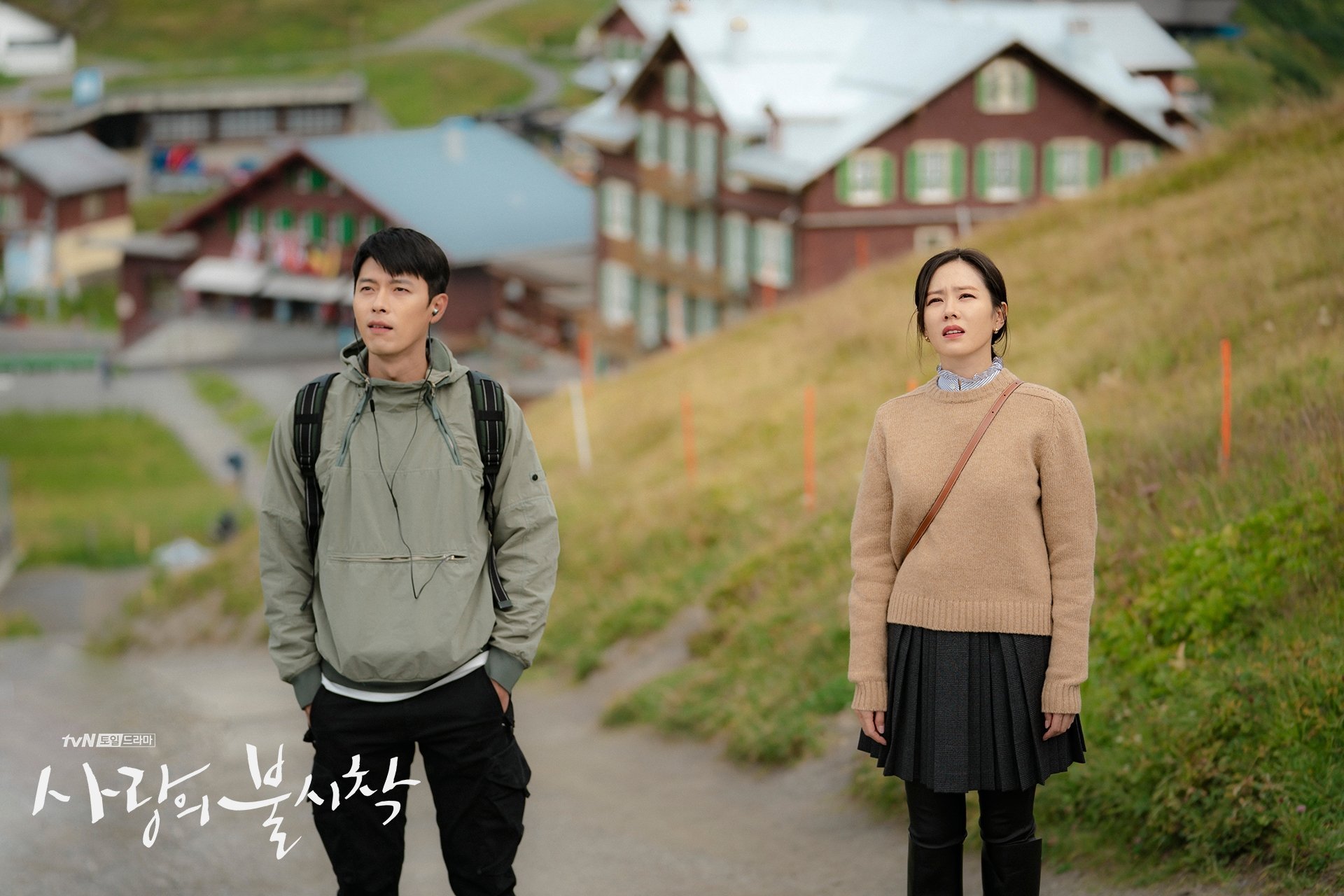
Malaysians have definitely not been strangers to the Kdrama Wave that has swept the globe with engaging storytelling and swoon-worthy romances. For most of us kdrama fans, binging on kdramas is a way of life; gritting your teeth at despicable villains who threaten our protagonists, sighing out loud at a lover’s passionate confession, clicking “next episode” at the speed of light when the episode ends on a cliffhanger and then going “I regret nothing” when it’s suddenly five in the morning…
The love kdramas have been getting is not unjustified. Each drama, especially the ones that have been dominating the popularity charts recently (think Crash Landing On You, Sky Castle, World of the Married…), has its own unique plot, masterfully-developed characters, entertaining side characters and intriguing writing that keeps viewers coming back for more.
Nonetheless, there are definitely certain elements and “typical kdrama” scenes that keep getting reused throughout various dramas. Tropes such as reincarnation, fate, destiny, and the like have been recurring themes in many popular kdramas, usually those of the fantasy genre, and seem to be a large part of general Korean spiritual beliefs. As Buddhism is one of the most influential religions in South Korean cultural heritage, it can be inferred that their general belief in reincarnation could be a result of that influence, even if the drama itself doesn’t explicitly address religious practices.
So today we’re going to investigate how the tropes of reincarnation or fated encounters are present in 5 popular kdramas, and how they’re uniquely executed in each one (you could also take this as my own personal kdrama recommendation list). 가자! Let’s go!
Disclaimer: There may be minor spoilers for each drama in the rest of the article below. Proceed with caution. For your discretion, the dramas that will be mentioned below (in sequence) are Crash Landing On You, Extraordinary You, Legend of the Blue Sea, Hotel Del Luna, and Hi Bye, Mama.
1) Crash Landing On You

South Korean CEO Yoon Seri and North Korean army captain Ri Jeong Hyeok have swept kdrama fans’ hearts with their star-crossed romance across the infamous separation border between the North and the South. The show follows the story of Seri who accidentally landed in the Northern side of the DMZ after a paragliding mishap and was given shelter by Jeong Hyeok. The stoic soldier grows protectively fond, and even develops an adorable boyish childishness for Seri as they both grow closer. Later in the story, they realise that they had actually met before, years ago in Switzerland.
Jeong Hyeok, studying in Switzerland at the time, had stopped Seri from committing suicide off a bridge, and had also unknowingly given her the will to continue living after she chanced across him playing a beautiful song on a piano. Meeting against the odds in the North, years after that chance encounter and interaction, they deem it fate that brought them together. A perfect match, they remedy each other’s loneliness, Jeong Hyeok’s from losing his brother, and Seri’s from being abandoned by her mother as a child. At one point, before they realised their past connection, Seri and Jeong Hyeok even bicker over the difference between coincidence and fate, and which of the two their relationship was.
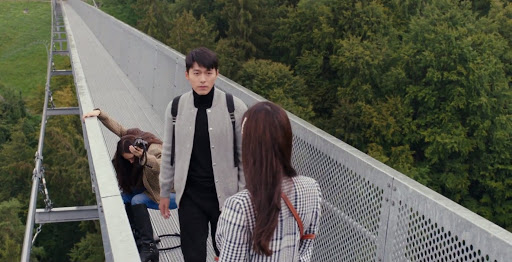
Crash Landing On You brilliantly develops the relationship between Jeong Hyeok and Seri, features the most endearing side characters, and is never boring with a perfect balance between drama and fun. Jeong Hyeok and Seri’s romantic chemistry and their relationship’s power shift halfway through the show definitely seals the deal to make this show worth the watch. Even more so since it revealed a side to North Korea beyond the images of starvation and militarism that saturate any form of media about the North, the side that showed North Koreans as normal human beings with regular lives, relationships and social class differences. There were even several North Korean defectors on the production team to make sure the details were as accurate as possible!
2) Extraordinary You
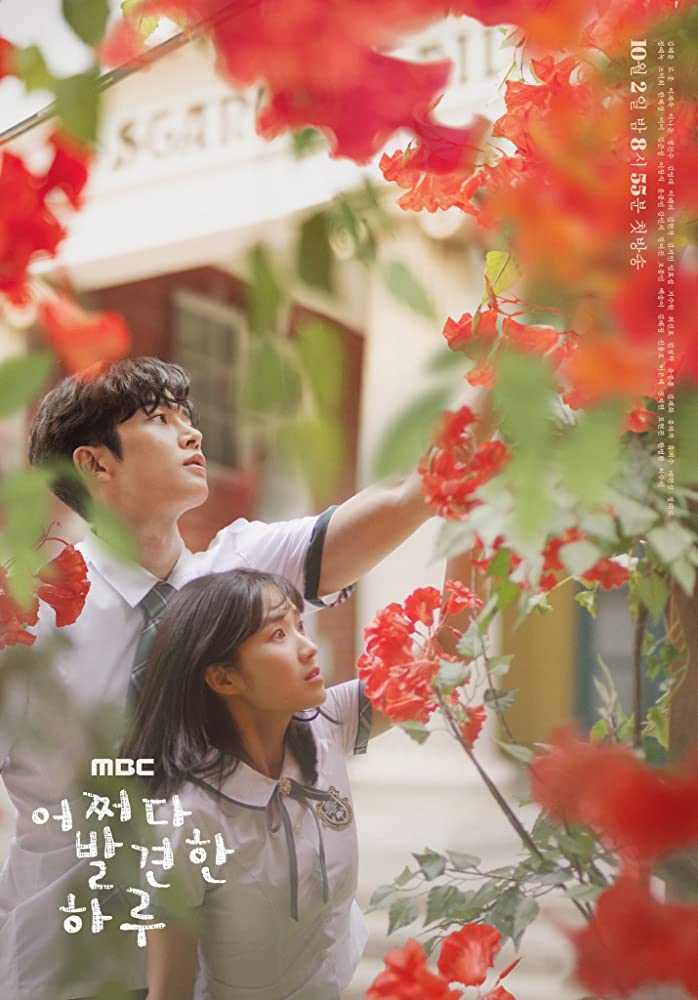
Reminiscent of W: Two Worlds’ manhwa concept, Extraordinary You is a unique take on comic book clichés and past lives. Eun Dan Oh realizes one day that she is actually a character in a comic book titled ‘Secret’, and a minor extra character at that. Dissatisfied with her role in the story and how she was written to be suffering from a serious heart disease, she enlists the help of a nameless extra character (whom she later names Haru) to make changes to the story so she doesn’t have to die of her disease. However, the two encounter obstacles when no matter what they do to change the story, the writer reverts the story to its original narrative, paralleling the age-old debate of free will VS fate.
As the story progresses, Haru and Dan Oh learn that they were both main characters of a previous comic set in the Goryeo era, ‘Trumpet Creeper’. Instead of past and present lives in reincarnation, Extraordinary You uses the analogy of chronologies across several books. Haru and Dan Oh also gradually explore the idea that they were drawn to each other in ‘Secret’ because of their previous connection in ‘Trumpet Creeper’, and how their subconscious yearning for each other allowed them to overcome the odds that had tried to separate them. Though they were both mere extras, they both still thought of each other as the main lead in their own story outside of the scripted plot, and developed off-screen (or off-page?) personas and relationships free of the writer’s control.
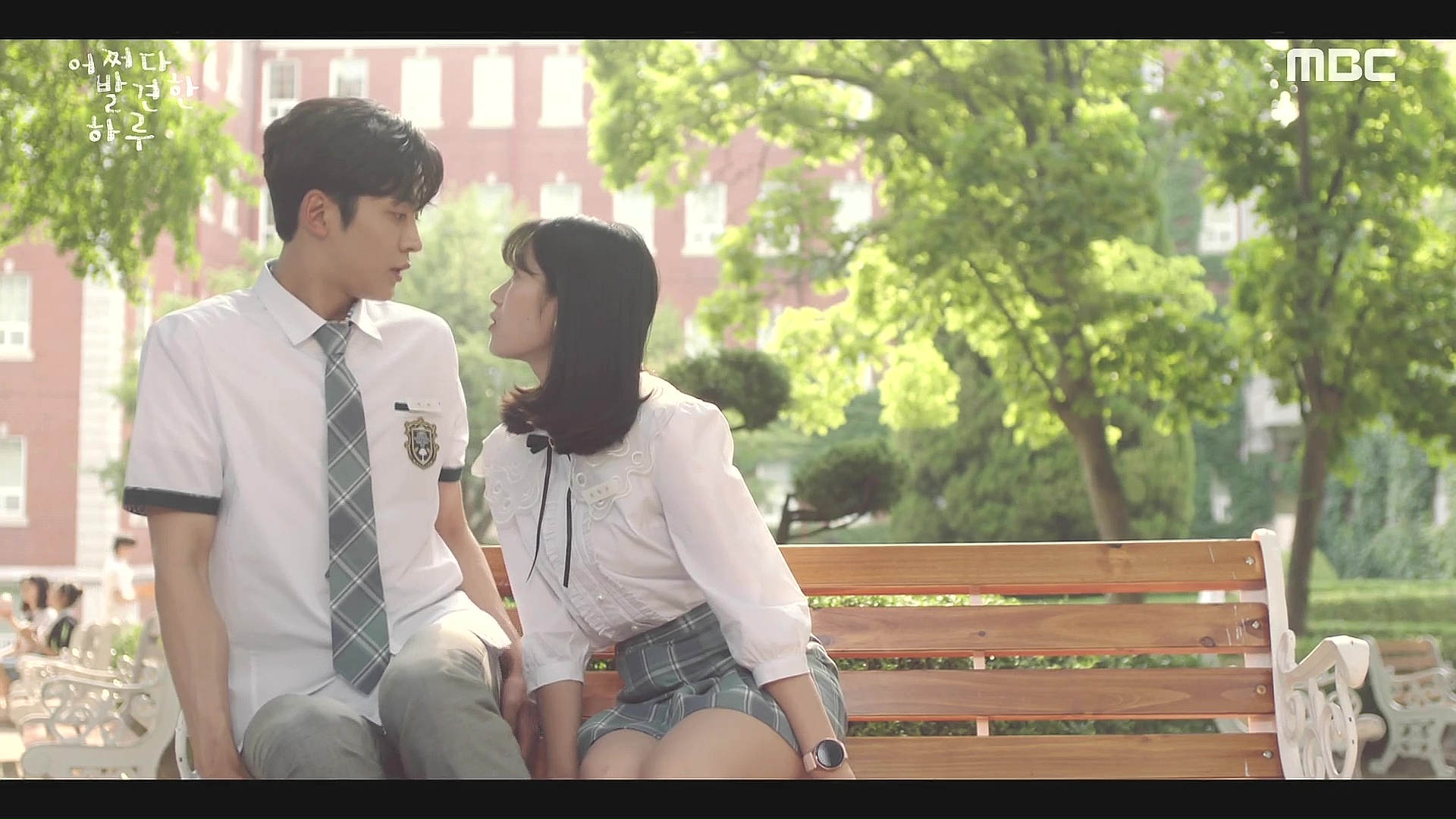
Dan Oh’s spunky personality paired with Haru’s gentle devotion makes for plenty of entertainment and Extraordinary You does a hilarious job at making fun of comic book clichés, along with expressing the overarching message: take your life into your own hands. It’s definitely interesting (and trippy) watching a kdrama take on the challenge of having characters break the fourth wall within the story itself. Both the male and female characters in Extraordinary You aren’t too hard on the eyes either *wink*.
3) Legend of the Blue Sea
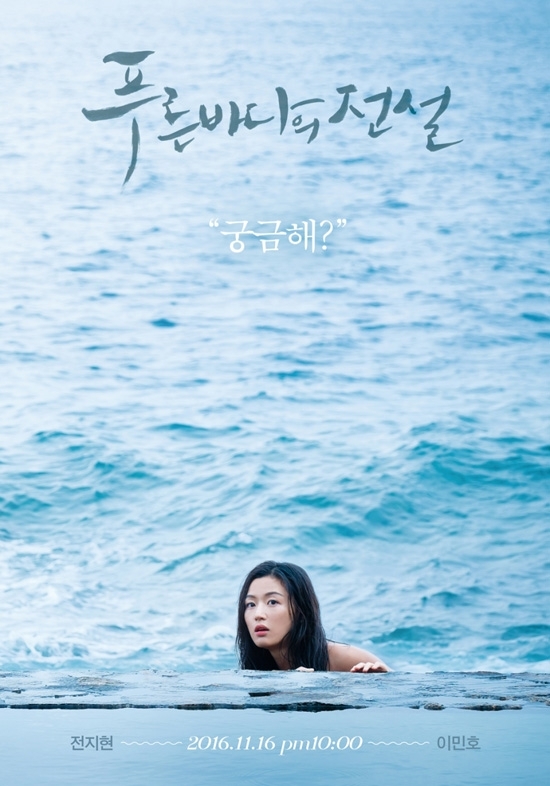
A tale of fantasy and fate, Legend of the Blue Sea is centered on Shim Chung, a mermaid who encounters conman Heo Joon Jae in Spain and imprints onto him as her ‘fated one’. In an effort to protect Joon Jae from thugs, she kisses him, making use of her mermaid ability of kissing someone to erase their memories. She then goes on a hunt for Joon Jae who returns to Seoul and while he gives her shelter, the two develop feelings for each other and Joon Jae gradually regains his memories of their time in Spain.
However, their relationship is soon revealed to be an ill-fated repetition of events in their previous lives. As a nobleman in the Joseon era, Joon Jae (then Dam Ryeong) was friends with and developed feelings for a mermaid he met as a youth, Se Hwa. After being told that he was in an arranged marriage, she erased his memories with a kiss. They met again later in adulthood where Dam Ryeong regained his memories and swore to protect her. However, their previous lives ended in tragedy, which Joon Jae soon finds out about. Spurred by the repeating chain of events and his growing love for Shim Chung, he scrambles to find a way to change the fated tragic narrative.
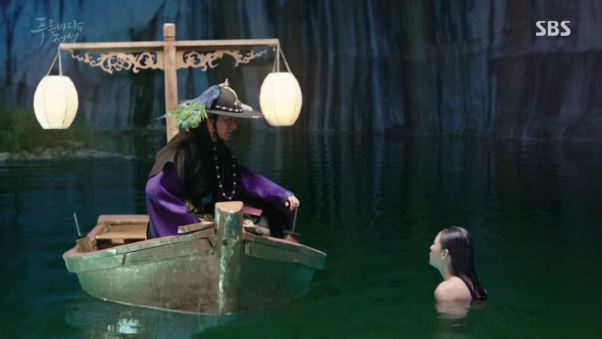
A flipped parallel of Jun Ji Hyun’s role alongside Kim Soo Hyun’s alien persona in My Love From Another Star, Shim Chung’s clueless antics are funny yet adorably endearing, and watching seasoned-liar Joon Jae wanting to become a better person for her is probably the swooniest thing ever.
4) Hotel Del Luna
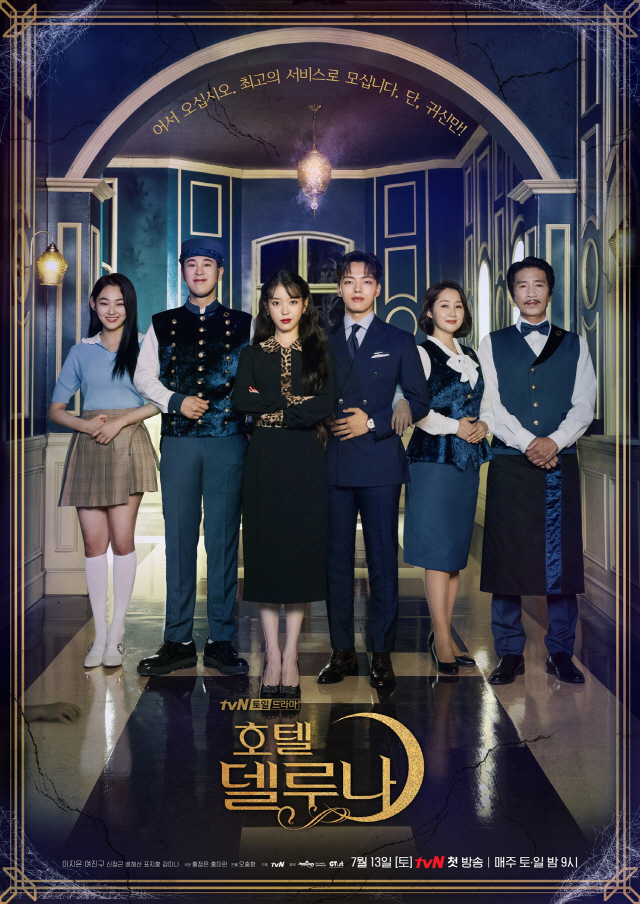
Hot-tempered and hard-hearted Jang Man Wol is the owner of the mysterious Hotel Del Luna, an in-between place of refuge for newly-dead ghosts to come to terms with their death and fulfil final wishes before they move on to the afterlife. Cursed with immortality for her crimes, Man Wol had been tasked with running the hotel for the past millennia and had hired the level-headed yet compassionate Gu Chan Seong as their new mortal manager.
Hotel Del Luna is extremely unique in the way spirits and ghosts are portrayed, when pop culture usually depicts them as nightmarish and horrific. Hotel Del Luna takes steps to explore the unspoken side and personal stories of the ghosts, showing the motivations of vengeful ghosts and even making viewers empathize with them. The prominent ghosts featured in the story are given well-developed backstories, further enriching the plotline.
As Man Wol has lived over what would be many lifetimes for mere mortals, she encounters reincarnations of important people in her original life. Chan Seong, someone who played an extremely minor but significant role in her original life, is implied by a deity that he was fated to meet Man Wol both in his past and current life, and to become the reason Man Wol encounters reincarnated versions of the people behind her curse. As the drama progresses, we gradually meet these characters and are given pieces with which to put together Jang Man Wol’s origin story.
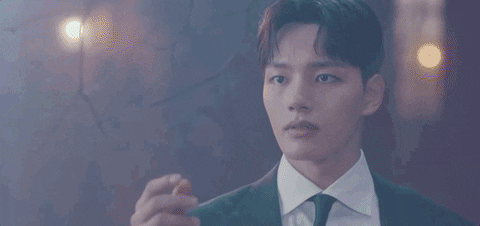
Praised for its excellent acting and well-written main and side characters alike, Hotel Del Luna’s eccentricity distinguishes it as a stand-out in the kdrama world, not to mention how gorgeous IU is and how her many (and I mean many) amazing outfits throughout the show make for a visual treat.
5) Hi Bye, Mama
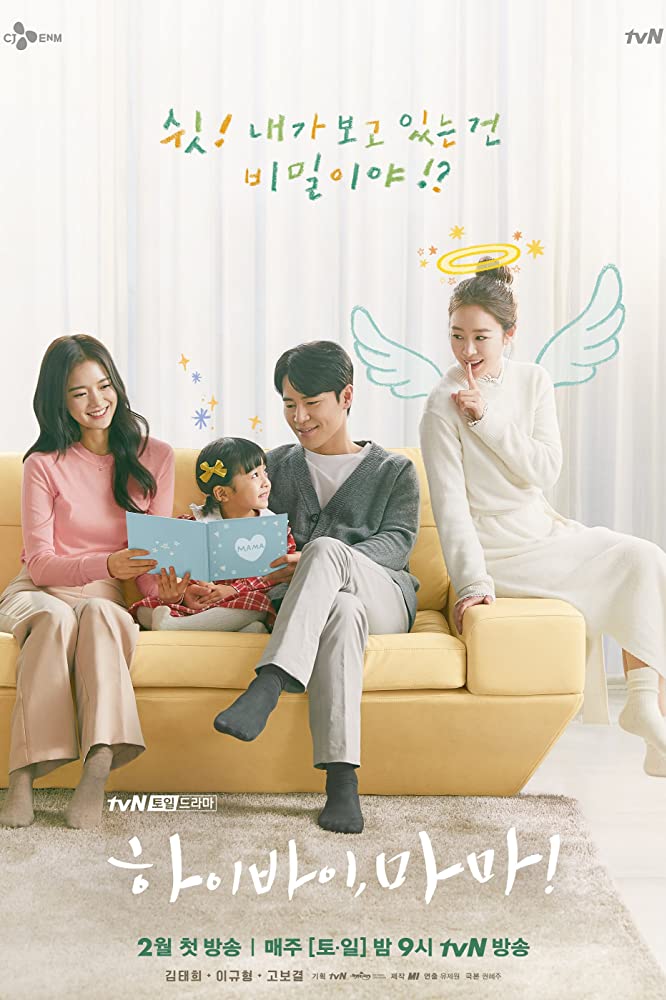
The least fantastical drama of the lot despite the ghost element, Hi Bye, Mama is a reminder that our loved ones are always watching us and they remain in our hearts even in death. Cha Yuri was a victim of an accident, killed on the sidewalk by a swerving car and leaving behind her husband Gang Hwa and newborn daughter Seo Woo. For the five years after her death, she lives as a ghost, constantly lingering around her family, watching over them and grieving for their suffering from the wounds her death left behind. She “lives” in a columbarium with other ghosts who have yet to ascend to heaven to reincarnate because of attachments to their living families and unfulfilled wishes or regrets.
By some form of divine intervention, Cha Yuri comes back to life and is given 49 days to reassume her original position as Gang Hwa’s wife and Seo Woo’s mother. Should she succeed, she will be fully resurrected and allowed to continue the life she would have had had she not been killed on that fateful day. Problem is, Gang Hwa remarried and his second wife is the only mother five-year-old Seo Woo has ever known (oops, “it’s complicated” much?).
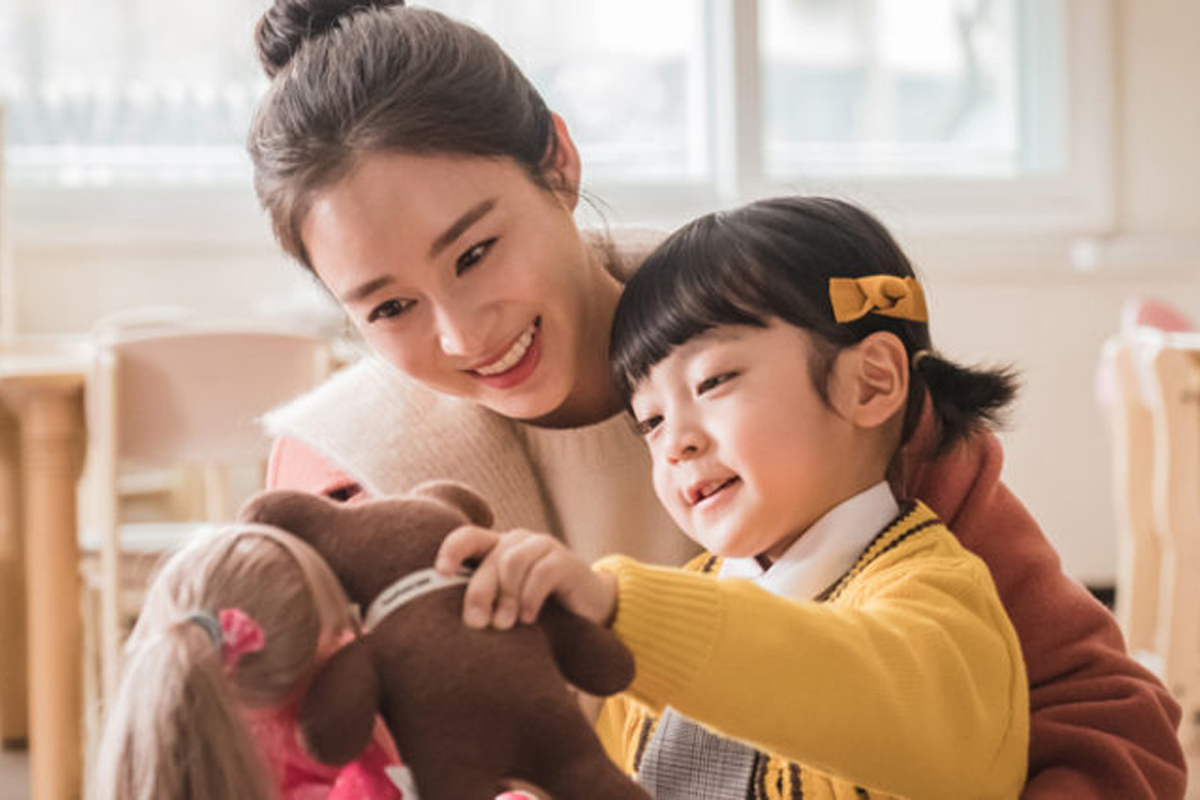
Hi Bye, Mama is a new narrative in the kdrama world since it doesn’t feature a distinct villain/hero, and everyone in the story are not so much victims of fate, but victims of circumstance and real life. Yuri’s relationships in life with her husband, daughter, friends and family, and the love between them all were what formed the spiritual connections that surpassed her life and death. Filled with life lessons on gratitude and love, Hi Bye, Mama deals directly with death, grief and guilt in such a poignant yet heartwrenching way that tissues are 100% needed.
***
The use of the same trope in various dramas can change with how fantastical or realistic the plotline is meant to be. Despite the recurring use of fate or destiny-like tropes, those elements usually act to support the story, while viewers are still treated to an in-depth plot without overuse of clichés.
With the increasing quality of storywriting and top-notch actors, it’s a given that the new kdramas are only going to get better and better. Whether it’s catching up on newly-released dramas or watching every single behind-the-scenes video you can find on YouTube as a coping mechanism because you’re not over that one kdrama you’ve just finished, they both mean one thing: more binging and less sleep!



